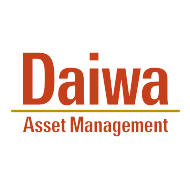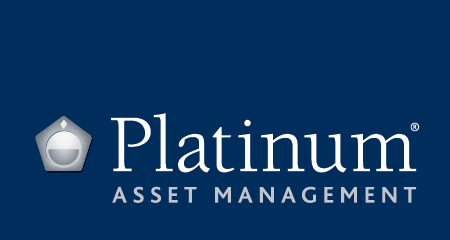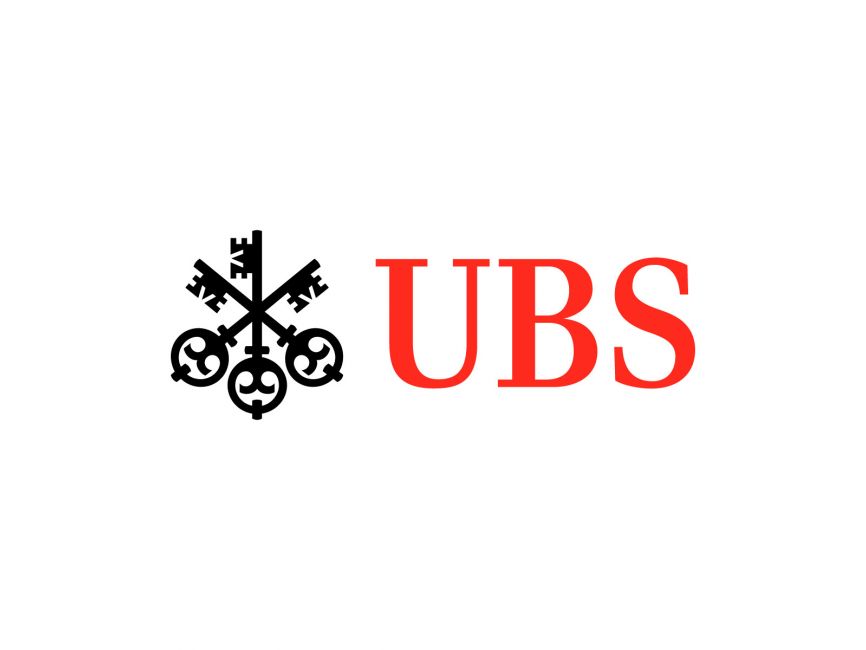Today's listings
Japan
Virtue signaling from Daiwa Asset
Daiwa Asset, one of Japan's largest asset managers, has broken new ground in Japan, launching the country's three first ESG funds as well as a high dividend fund. The new listings are:
Daiwa ETF TOPIX High Dividend Yield 40 Index (1651)
Daiwa ETF MSCI Japan Empowering Women Index WIN (1652)
Daiwa ETF MSCI Japan ESG Select Leaders Index (1653)
Daiwa ETF FTSE Blossom Japan Index (1654)
1652 will track Japanese companies that do their best to empower women. Japan is known as a laggard in women's labour force participation among developed countries.
1653 will track big Japanese companies that have better environmental and social governance records. It will do this by re-weighing the MSCI Japan IMI 500 index, and distribute weight by ESG rating.
1654 is very similar to 1653, in that it tracks large cap Japanese companies that are weighted by ESG criteria. The biggest companies include Toyota, Mitsubishi Electric, Mitsubishi Financial, Sony and East Japan Railway.
1651 is the only non-ESG product being listed. It tracks a short listing of the top 40 companies from the TOPIX 100 sorted by dividend yield.
iShares lists its first no-Asia ETF in Tokyo
iShares has expanded its Japanese ETF offering, listing several new products that offer Japanese investors the chance to diversify overseas. The products and the indexes they track should be familiar to western investors. They are:
iShares S&P 500 ETF (1655)
iShares Core 7-10 Year US Treasury Bond ETF (1656)
iShares Core MSCI Kokusai ETF (1657)**
iShares Core MSCI Emerging Markets IMI ETF (1658)
iShares US REIT ETF (1659)
**The MSCI Kokusai Index is also known as the MSCI World ex Japan Index.
Australia
Platinum rebrands its active funds as ETFs
In Australia, asset manager Platinum Asset Management has listed two new funds on the ASX as a way of rebranding its existing actively managed funds. The Platinum International Fund ETF (PIXX) and the Platinum Asia Fund ETF (PAXX) will both simply be ETF versions of its actively managed Asia and International fund. They will also charge active management style fees of 1.10% plus an additional 15% performance fee.
Switzerland
UBS lists socially responsible ETF that invests in itself
Swiss powerhouse UBS has listed a socially responsible ETF in Switzerland with the ticker CHSRI (a portmanteau of CH for Switzerland and SRI for socially responsible investing). CHSRI will buy up Swiss companies that have better environmental and social records. Companies that are weighted heavily in the index include chemicals group Lonza, global food giant Nestle, Zurich insurance group and…. UBS itself!
London
Deutsche Bank cross-lists some of its most successful ETFs
Deutsche Bank has backed up last week's boat load of listings on the LSX with another several cross listings this week. They are:
db x-trackers II EUR Corporate Bond UCITS ETF DR (XBLC)
db x-trackers II - EUR High Yield Corporate Bond UCITS ETF DR (XHYG)
db x-trackers DAX UCITS ETF DR 1C (XDAX)
db x-trackers MSCI World Index UCITS ETF DR (XDWL)
XBLC and XHYG will be listed in euros and track plain vanilla indexes by Markit iBoxx. Both are cross listings from Germany, where the original products amassed hundreds of millions of euros in AUM.
XDAX will track the DAX and is denominated in pounds. It is a cross listings of XDAX from Germany, which has almost four billion euros in AUM and is one of Deutsche Bank's most successful ETFs.
XDWL will be listed in US dollars and track the MSCI World Index. It too is a cross-listing from Germany, where the parent fund has almost three billion euros in AUM.
Today's news from around the web
What's happening to Asian ETFs?
As US regulators wonder if the growth of ETFs has been too explosive, Asian regulators are hardly taking notice. Why? Because Asians don't care about ETFs. Of the $350bn in ETFs in Asia, over $200bn is in Japan. This is partly because Asians are less trusting of people they don't know to manage their family fortune. But partly also because Asian financial services is commission based and ETFs aren't structured for it.
ETF industry to counter active managers' propaganda
A big meeting of ETF providers, thought leaders and top industry members is taking place in San Sebastian, Spain, this week. Up for discussion will be harmonising exchange rules, putting together an industry body and what do about robo-advisers. But most importantly: they'll discuss how to counter the anti-ETF propaganda coming from active managers.
Why does Moody's care about smart beta fees?
Moody's are a ratings agency. So why are they so interested in the price of smart beta ETFs, which have no obvious connection to debts or credits? It turns out, they're worried that cheap smart beta ETFs will drive even more funds out of active management. Meaning the debts of big asset managers will need downgrading.






